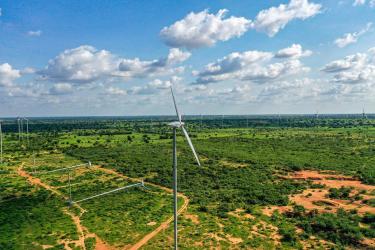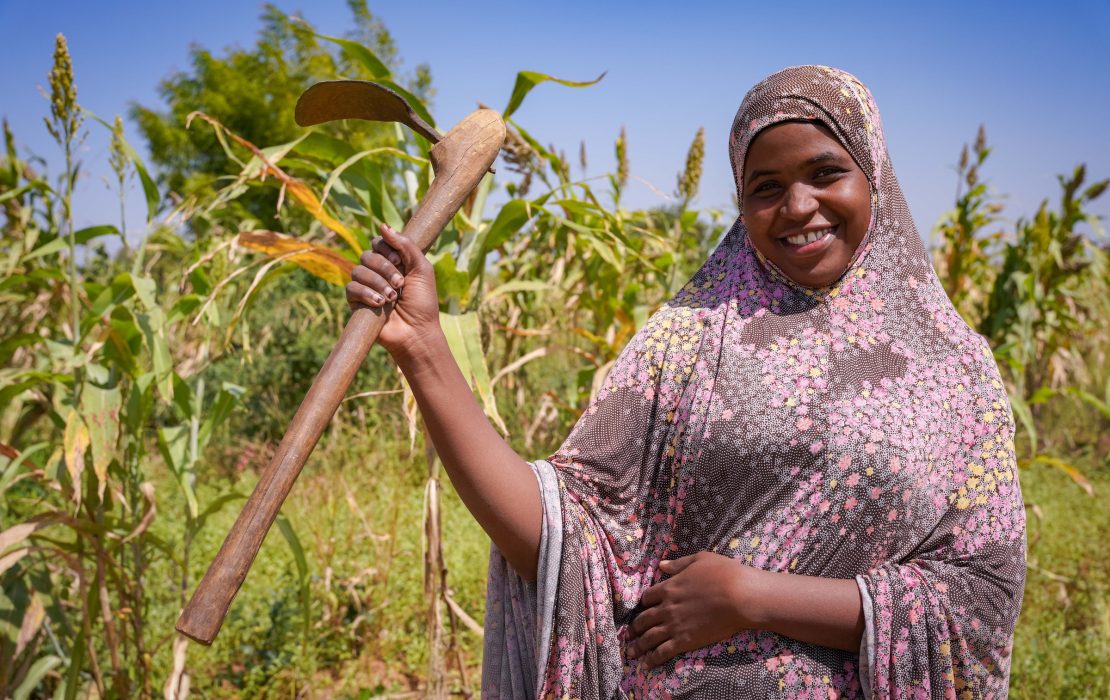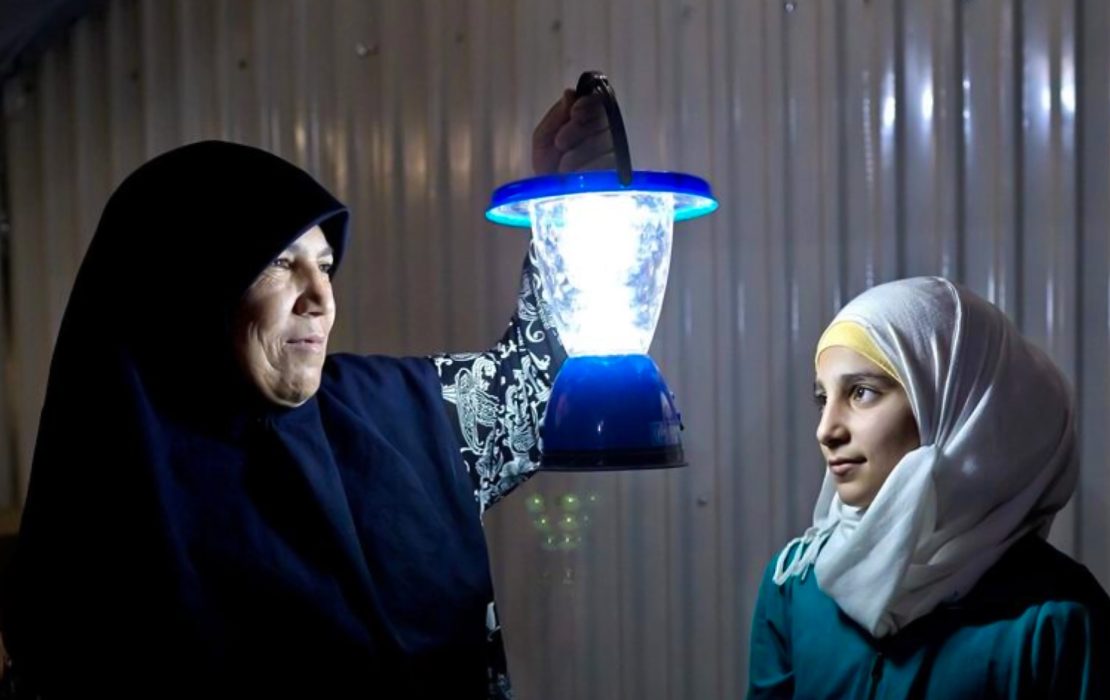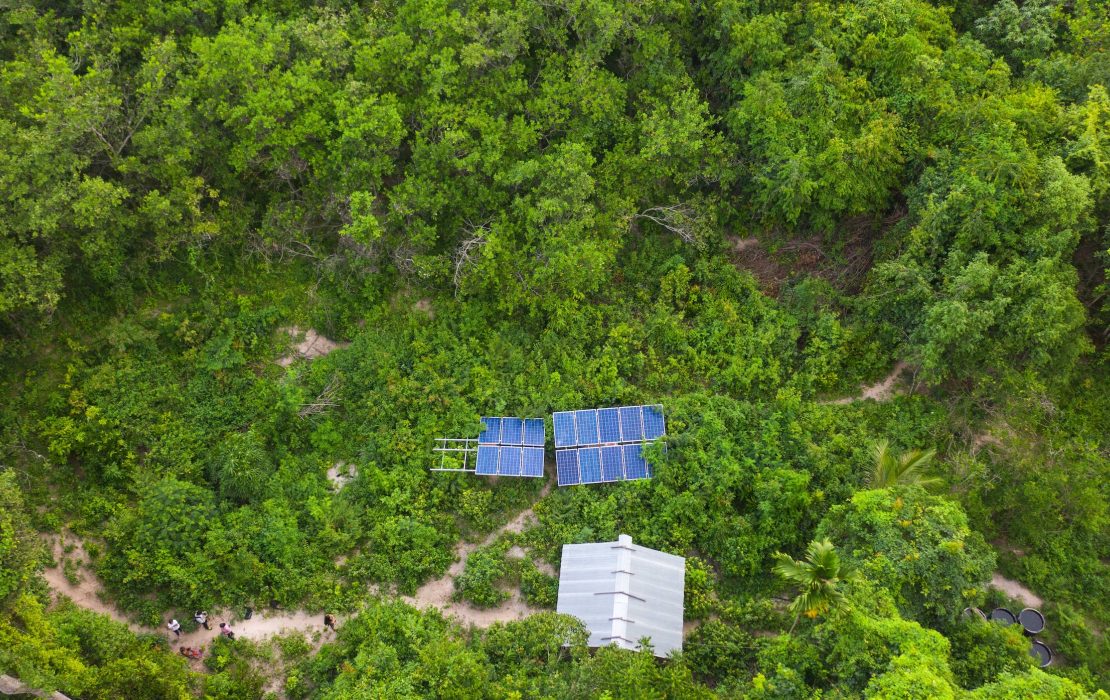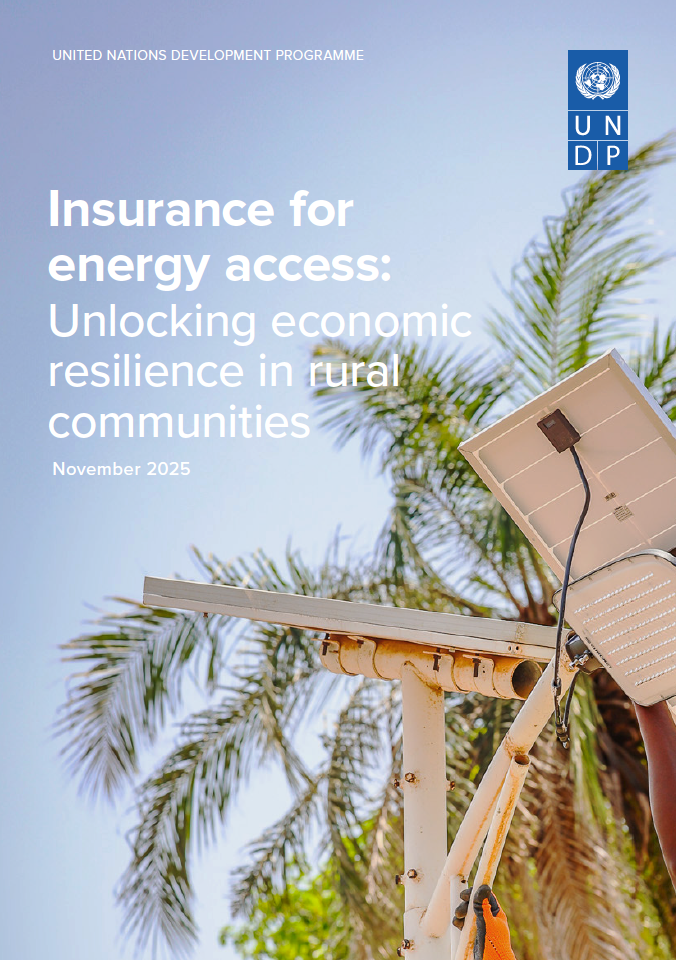0.71%
Share of global GHG emissions
Based on data from Climate Watch (CAIT 2022), developed and maintained by the World Resources Institute. #126
Climate Vulnerability Index ranking
A higher number means a higher vulnerability to climate change. Based on the ND-GAIN Index (2023), developed by the University of Notre Dame. #164
Human Development Index ranking
A lower number means a better human development score. Based on the Human Development Index (2023), developed by UNDP. NDC Status
Nigeria submitted its third NDC in September 2025.
Key highlights from the NDC
- Nigeria’s third NDC is economy-wide, covering all greenhouse gases in Nigeria’s inventory, and sets an ambitious target of a 32 percent reduction in emissions by 2035 compared to 2018 levels. This trajectory aligns with Nigeria’s LT-LEDS and its commitment to achieving net-zero emissions by 2060.
- Nigeria’s latest NDC aims to increase the share of renewable energy in electricity generation from 22 to 52 percent. Energy efficiency will be enhanced through several measures, such as strengthening efficiency standards for air conditioning and refrigeration.
- The new NDC addresses adaptation more comprehensively than before, covering sectors such as food security and agriculture, water and sanitation, health, infrastructure and human settlements, ecosystems, livelihoods, and cultural heritage. Each sector features specific adaptation measures.
- The NDC also prioritizes Actions for Climate Empowerment (ACE), including education, citizen participation, access to information, and principles for a just transition. Special attention is given to improving financial access for women, youth, and MSMEs.
- UN agencies supporting the process included UNDP, UN-Women, IOM, ILO, and FAO
NAP Status
While Nigeria has not submitted a NAP to the UNFCCC, the country has developed a National Adaptation Plan Framework document with a focus on sectoral priorities in agriculture, health and disaster management.
Latest Publications
See allThis report examines how insurance can be integrated into DRE markets to reduce financial shocks, stabilize revenues and support community resilience.
